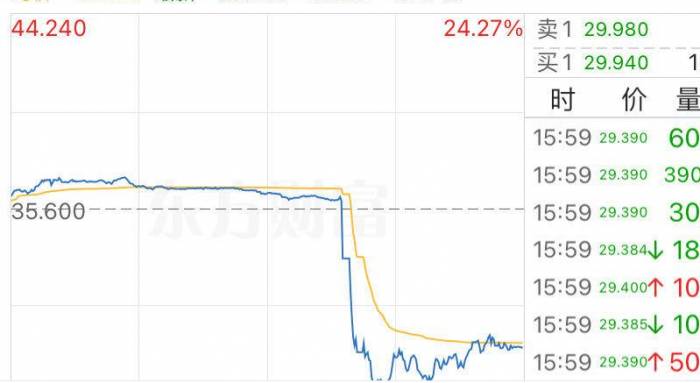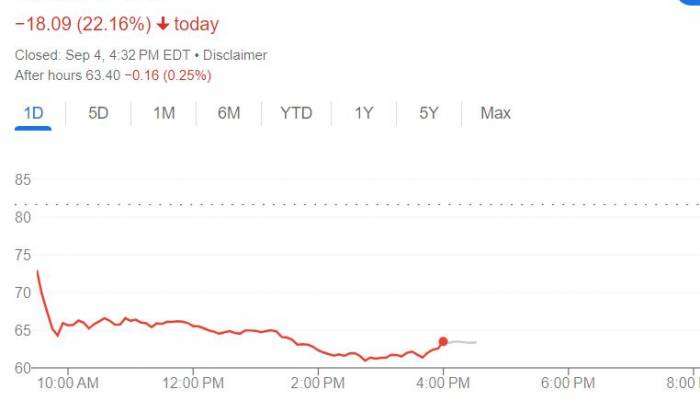Having just experienced a sharp decline, NVIDIA faces further troubles as it is at risk of increased scrutiny from the U.S. government's antitrust regulatory investigations.
On Tuesday, September 3rd, Eastern Time, after the U.S. stock market closed, Bloomberg reported, citing informed sources, that the U.S. Department of Justice has issued subpoenas to NVIDIA and several third-party companies, seeking evidence of NVIDIA's violation of antitrust laws. Antitrust officials are concerned that NVIDIA could make it more difficult for customers to switch to other artificial intelligence (AI) computing suppliers, and buyers who do not specifically use its AI chips could face penalties. This news indicates that the U.S. regulatory authorities have escalated their investigation into NVIDIA's alleged monopoly of the computing services market.
According to the aforementioned sources, the U.S. Department of Justice had previously distributed survey questionnaires to some companies, and the current subpoenas are legally binding requests for information, requiring the companies that receive them to provide information. This brings the U.S. government one step closer to filing a formal complaint against NVIDIA.
Following the release of the aforementioned news, NVIDIA's stock fell further in after-hours trading, with a drop exceeding 2% at one point. On Tuesday, NVIDIA closed down 9.5%, setting a new low since August 9th. Due to the stock price plunge, NVIDIA's market value shrank by approximately $278.9 billion in a single day on Tuesday, breaking the record for the largest single-day market value evaporation of a U.S. stock set by Meta. Meta's previous record was set on February 3, 2022, when its market value evaporated by $232 billion.
Representatives from the U.S. Department of Justice and NVIDIA Corporation both declined to comment on the news from this Tuesday. However, news that has emerged over the past year indicates that the U.S. government's regulation of the AI sector is intensifying.
In July last year, the Federal Trade Commission (FTC) began investigating whether OpenAI's data collection practices could potentially harm consumers.
In January of this year, the FTC expanded its regulatory scope further, beginning a comprehensive review of strategic cooperation relationships between tech giants and AI startups. This includes Microsoft's substantial investment in OpenAI, as well as collaborations between Google, Amazon, and Anthropic.
Nearly three months ago, the media reported that the U.S. government had initiated investigations into AI industry giants such as NVIDIA.
An article from Wall Street Journal in early June mentioned that the media reported the U.S. Department of Justice and the FTC had reached an agreement to continue antitrust investigations into Microsoft, OpenAI, and NVIDIA's dominant positions in the AI industry. According to the agreement, the Department of Justice will take the lead in investigating whether NVIDIA, as a chip manufacturing giant, has violated antitrust laws, while the FTC will lead the antitrust investigations into OpenAI and Microsoft.
The article mentioned that some analysts believe this is the strongest signal yet of the U.S. regulatory authorities escalating their antitrust investigations into AI.Reports in June indicated that the U.S. Department of Justice hosted a public seminar on competition in the AI field at Stanford University at the end of May, with dozens of industry companies in attendance. Although the name Nvidia was seldom mentioned during the seminar, the participating companies expressed that the shortage of high-performance chips required for training AI foundational models has had a significant impact on the industry.
According to June's news, investigators have been reaching out to other technology companies to gather information. On Tuesday this week, Bloomberg reported that the Department of Justice's San Francisco office is leading the investigation.






Leave a Comment